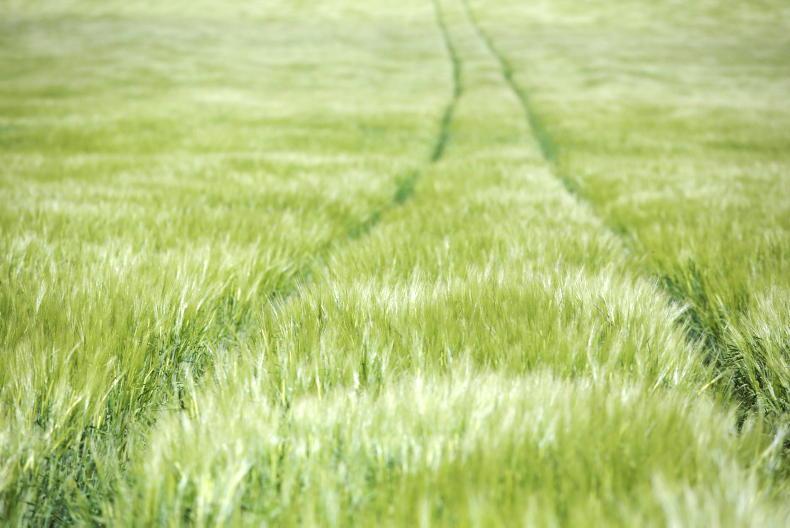At the time of sending this magazine to print, the majority of spring crops across the country are still to be sowed. Hopefully, as you read, that is no longer the case and that a good dent has been made in the work.
The 2022/2023 season has been a difficult one so far. Large areas of winter crops were not planted, so a large spring workload will be carried throughout the year – but maybe this is a good thing. Only time will tell, but there may be less risk in some of those spring crops.
Tom McCabe offers advice for changing how much we spend on crops to save on costs, and the message I picked up is that you should think long and hard before cutting on spend, as money may be lost in yield to a greater extent.
At present, we can still choose to cut back on chemistry, but in a few years’ time, this may no longer be an option. It will most likely, in some shape or form, be a requirement through regulations and, in some cases, chemistry may lose efficacy as we have seen before.
In this year’s magazine, we try to focus on integrated pest management (IPM), which should help to reduce spend, environmental impact, help mind the chemistry that we currently have and try to keep it effective for as long as possible, but also to prepare us for the inevitable pesticides reduction that is to come.
We focus heavily on good advice, backed up by science with top-class contributors from across Ireland’s main tillage research institutions as well as an Irish researcher in the UK. It is essential that we base our farm advice on science, trials and data. In the same way, it is essential that decisions made at EU and Government level are also based on science.
Ireland has some of the highest yielding cereal crops in the world. Our climate is ideal for cereal production; but it is also ideal for crop diseases. Regulations must ensure that the countries able to produce efficiently with high yields still have the tools to do so in the future.






 This is a subscriber-only article
This is a subscriber-only article










SHARING OPTIONS: